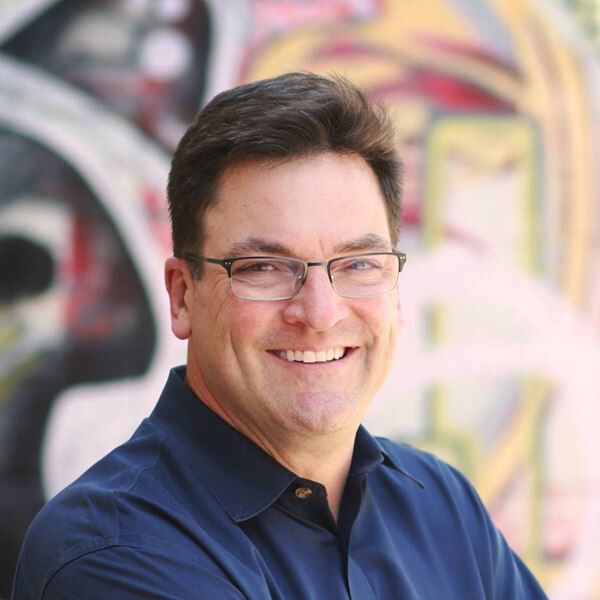Top UN official in Syria is stepping down after 7 years of tumult. And he sees hope
News > National News

Audio By Carbonatix
12:34 PM on Thursday, September 18
By ABBY SEWELL and JENNIFER PELTZ
UNITED NATIONS (AP) — The official who steered the U.N.'s diplomacy in Syria for nearly seven turbulent years is resigning, expressing hope that the country's new leaders can turn the page on a long period of war and strife.
Geir Pedersen, who has held diplomatic posts for decades for the world body and his native Norway, told the U.N. Security Council on Thursday that he would leave his position in the "near future” but did not say when.
The 69-year-old diplomat said in an interview with The Associated Press that he had been talking to his family for a while about moving on, but he shelved the idea after the stunning fall of Syria's longtime President Bashar Assad last December. The longtime autocratic leader's ouster has opened a new and challenging period for Syria, and Pedersen said he had stayed on to help the U.N. contribute.
“You see the hope that has been created" about the possibility of change, the envoy said. He added that he's seen "some progress but some very serious mistakes,” particularly regarding sectarian violence.
Pedersen was appointed as the U.N.'s special envoy to Syria in 2018, seven years into the country's civil war. Amid the chaos, Islamic State group militants took over significant parts of the nation. In 2019, the group lost the last sliver of land its fighters controlled, but sleeper cells linger.
Pedersen was charged with implementation of U.N. Security Council Resolution 2254, which aimed to usher in a political solution to the conflict between the Assad government and its opponents, but efforts to broker one repeatedly faltered.
The civil war began after mass anti-government protests in 2011 were met by a brutal government crackdown. The fighting killed nearly half a million people and displaced half of the country’s prewar population of 23 million.
The conflict was largely frozen for years, with the country carved up into areas controlled by the government and different opposition groups until December 2024, when Assad was ousted in a lightning rebel offensive led by Syria’s now-interim president, Ahmad al-Sharaa.
The interim government is meant to bring stability to the country during a five-year transitional period. Preparations are ongoing for parliamentary elections, with future steps to include drafting a permanent constitution, adopting it and holding general elections. The process could take years.
Meanwhile, Syria has continued to grapple with deep political, ethnic and religious divides. Deadly fighting has flared in the southern province of Sweida between local Bedouin tribespeople and members of the minority Druze sect.
Elsewhere in Syria, clashes between Assad loyalists and government forces, and subsequent revenge attacks, killed hundreds of civilians. Most were members of the ex-president's minority Alawite sect.
The sectarian violence raised questions about whether and how the new government would protect all its people. Authorities have launched investigations into attacks on civilians, and Syrian, U.S. and Jordanian officials agreed Tuesday to a plan for Sweida that includes guarding main roads and prosecuting those who incited violence.
Syria’s new U.N. ambassador, Ibrahim Olabi, told the Security Council on Thursday that authorities "made every possible effort” to address the violence in Sweida, and he expressed condolences to the families of the dead.
“Syria today is moving forward towards recovery and reconstruction,” he said, adding that the government is “determined to build a nation for all its people, without exception.”
To Pedersen, it's promising that the current Syrian government is even willing to discuss such issues. He said he had stressed that mishandling such violence could shake confidence in the political transition plan, and that all Syrians should get a voice in their country's next chapter.
“It is a responsibility for the new authorities to deliver on what they have promised to correct the past,” the envoy said. “I think they realize the challenge and the magnitude of the challenge, and for me, that is a good beginning.”
Pedersen's previous U.N. roles include serving as special coordinator for Lebanon in 2007-08. He was a member of Norway’s team that negotiated the 1993 Oslo Accords, which resulted in mutual recognition between the Palestine Liberation Organization and Israel, and he was Norway’s representative to the Palestinian Authority between 1998 and 2003.
Asked Thursday about his plans, he smiled and said he'd disclose them later.
___
Sewell reported from Beirut.








